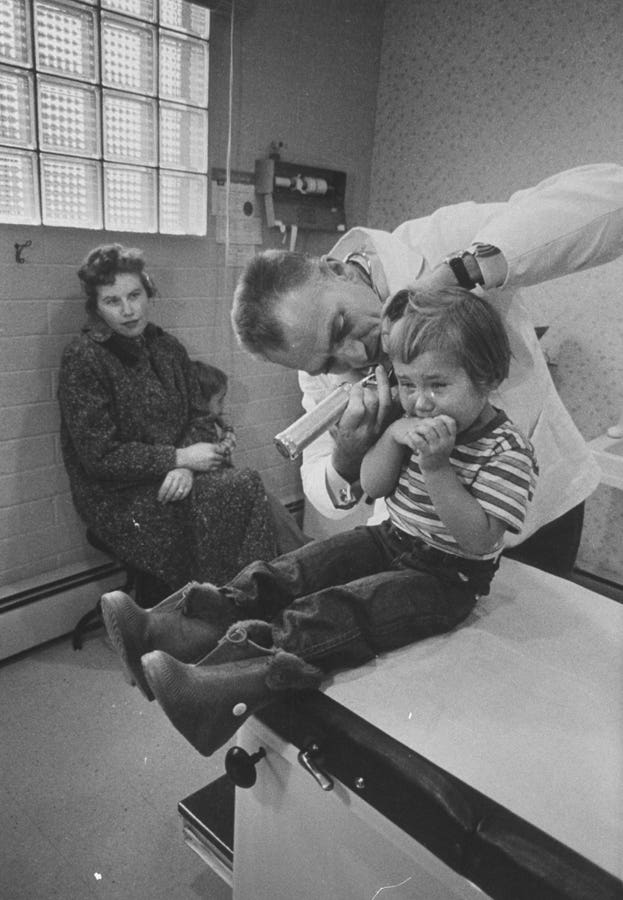Ear infections are a common childhood ailment, with more than 80% of toddlers in the United States experiencing an ear infection at some point in their young lives. These infections, known as otitis media, can cause symptoms such as pressure, difficulty hearing, and even earaches. While many cases of ear infections can resolve on their own without the need for antibiotics, chronic ear infections can lead to long-term hearing issues. This was the case for one individual who experienced lifelong hearing loss in one ear due to severe ear infections during childhood.
The eustachian tube, a crucial structure in the human ear, can become clogged, leading to middle ear infections. These infections can impact a child’s ability to hear and process language. Research has shown that children who experience chronic ear infections may have smaller vocabularies and struggle to distinguish different sounds, such as pitch changes. The first three years of a child’s development are crucial for language learning, and ear infections can disrupt this process by causing fluid buildup and pressure in the ear, ultimately damaging the sensitive anatomy of the ear.
One study conducted by researchers Susan Nittrouer and Joanna Lowenstein found that children with chronic ear infections had difficulty with tasks that involved identifying vocal differences, vocabulary assessments, and phonetic matching. This suggests that chronic ear infections can have long-term implications for a child’s audio processing and language development. These findings emphasize the importance of early detection and treatment of ear infections to prevent potential hearing and language issues in children.
As children with chronic ear infections may struggle with language development, parents and pediatricians are advised to closely monitor children who have had multiple ear infections. Nittrouer, a professor of hearing and language sciences, highlights the need for increased awareness of the potential long-term effects of ear infections on children’s hearing and language skills. While more research is needed to fully understand the connections between hearing loss, language development, and ear infections, there is a growing call for more effective treatment options and accessible hearing tests for children who experience recurrent ear infections.
For those who have experienced severe ear infections, the impact on hearing can be life-altering. Many individuals face permanent hearing loss as a result of chronic ear infections that were not effectively treated. Experts like Nittrouer and Lowenstein stress the importance of early intervention and monitoring of children with recurring ear infections to prevent long-term consequences such as irreversible hearing damage. By raising awareness of the potential risks associated with chronic ear infections and advocating for improved treatment options, parents and healthcare professionals can work together to protect children’s hearing and language development.













